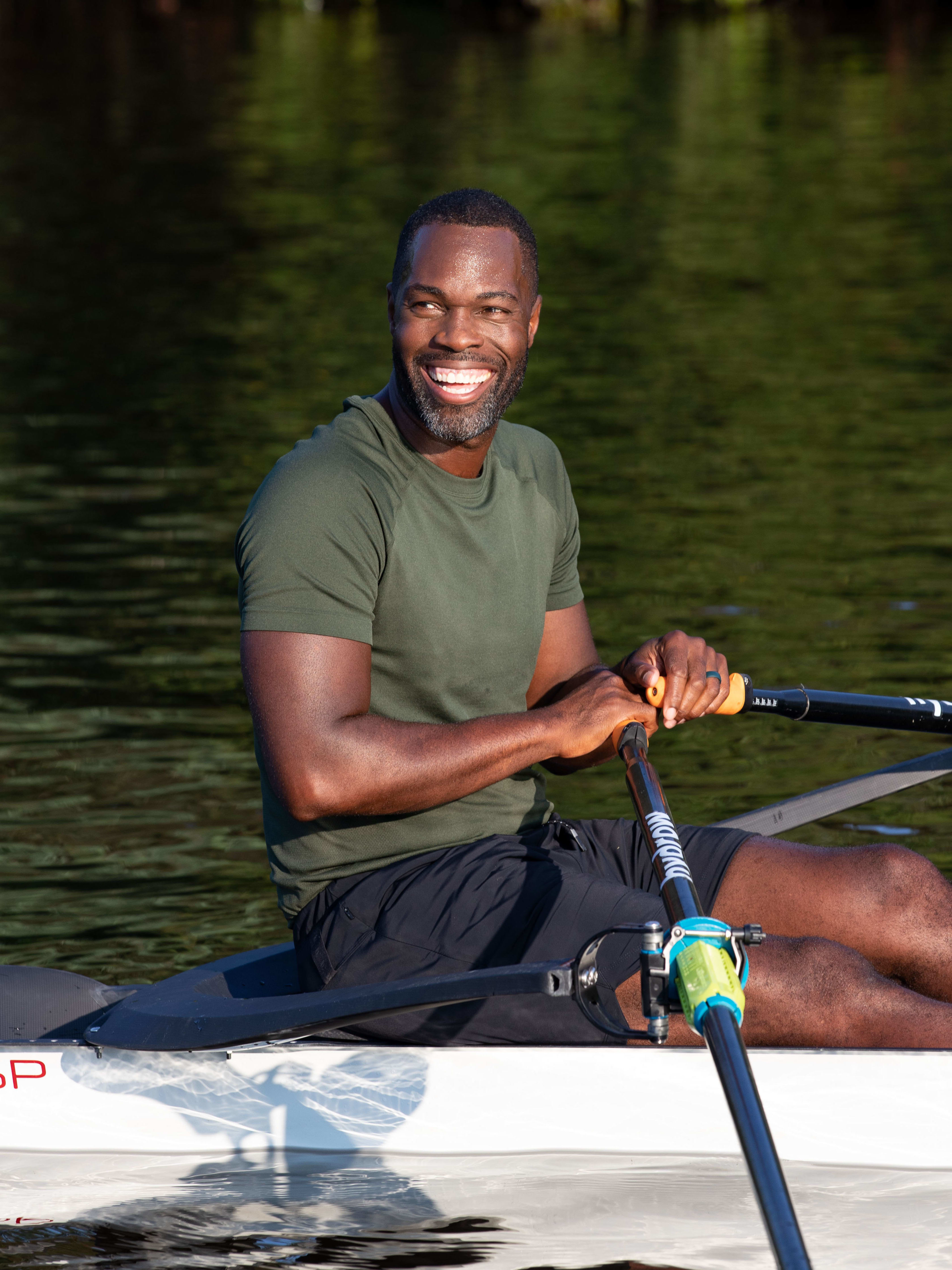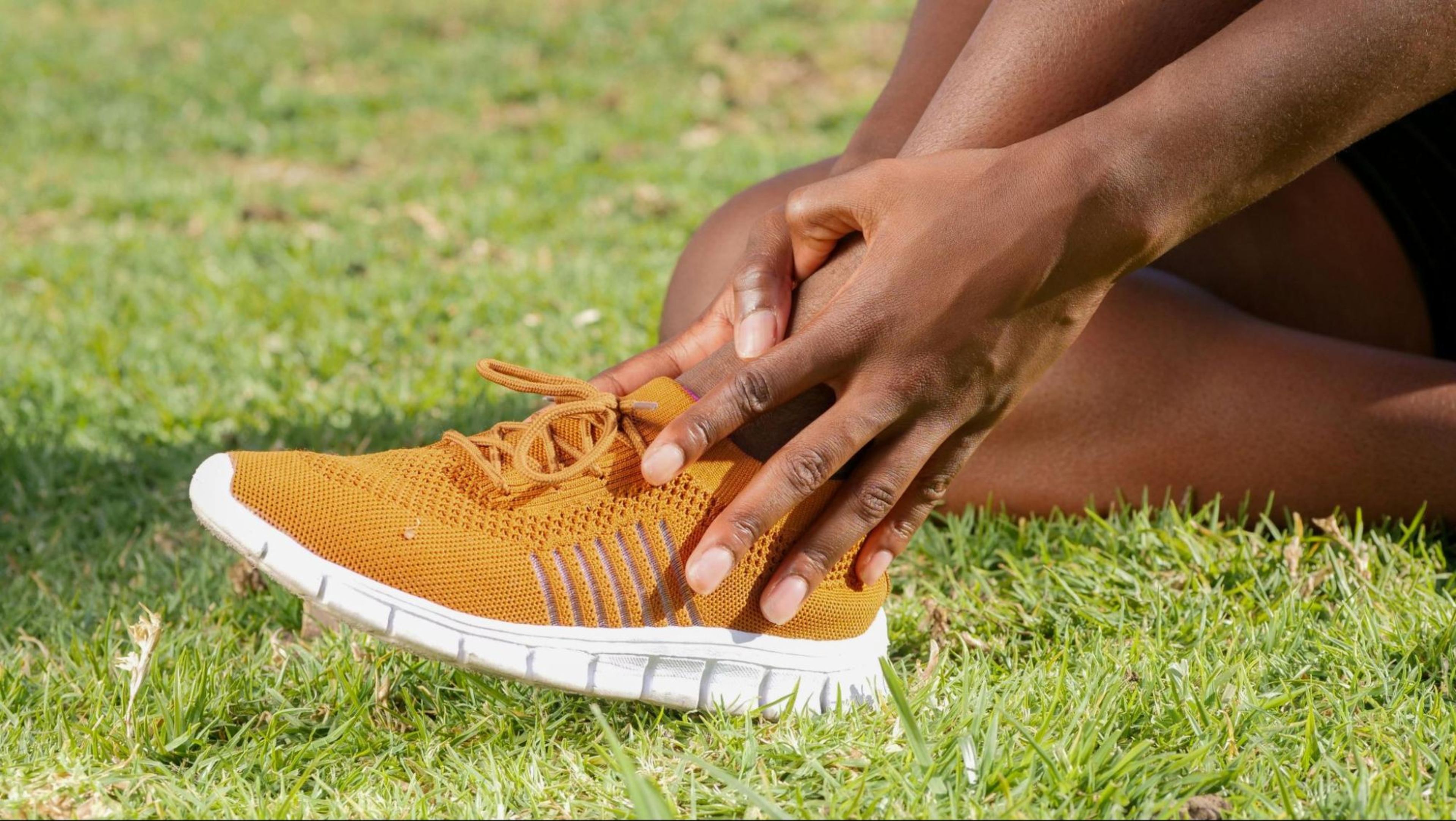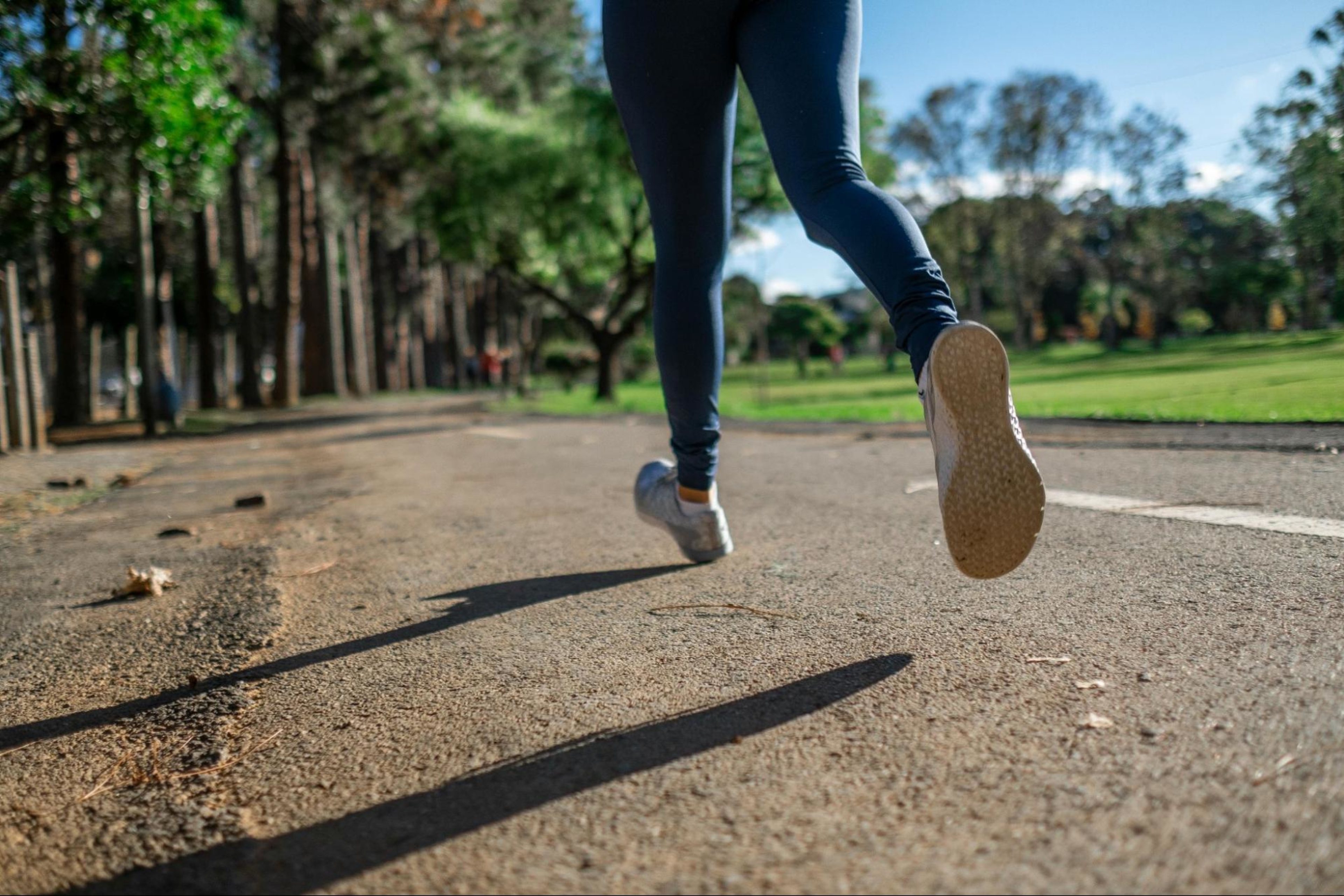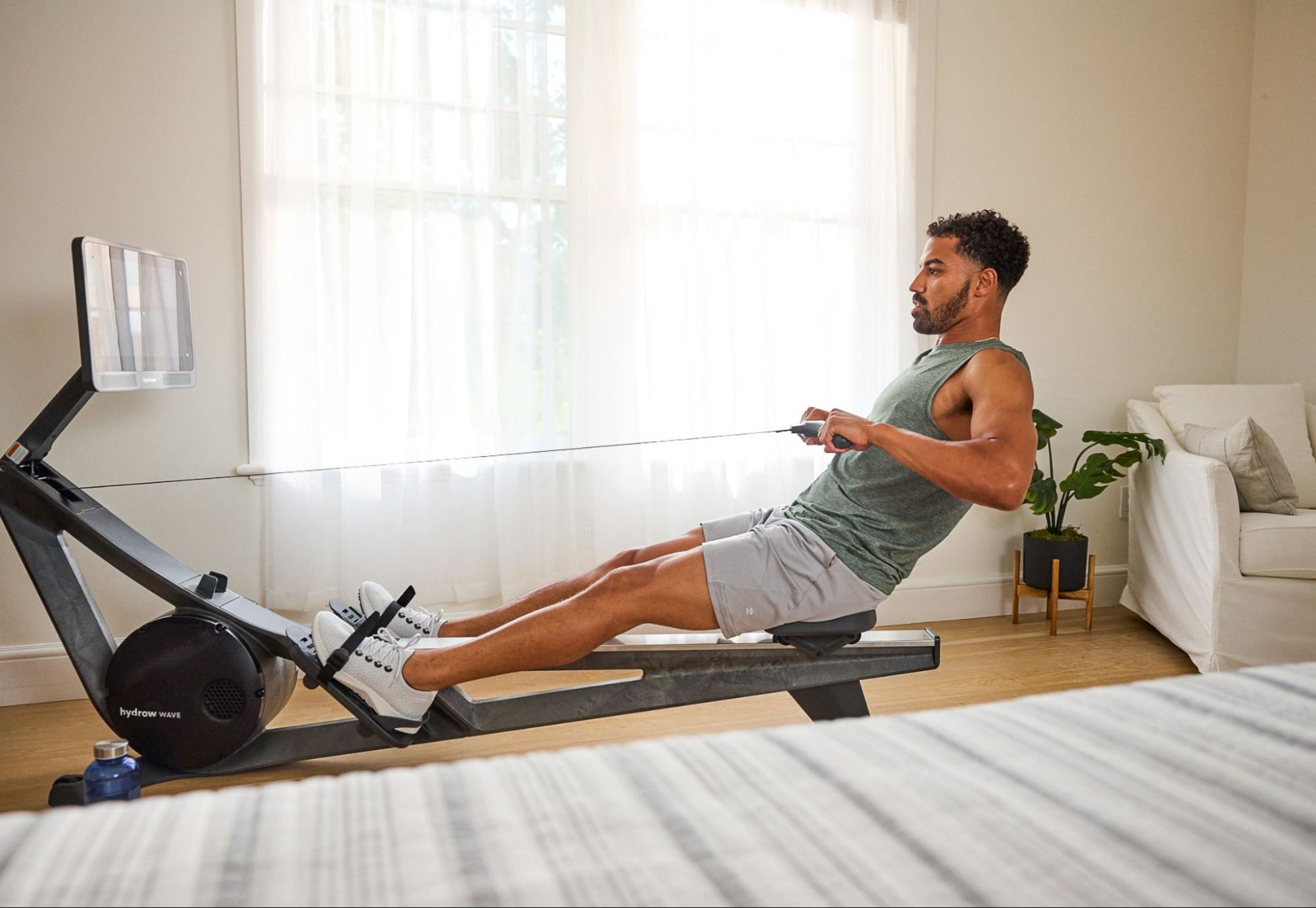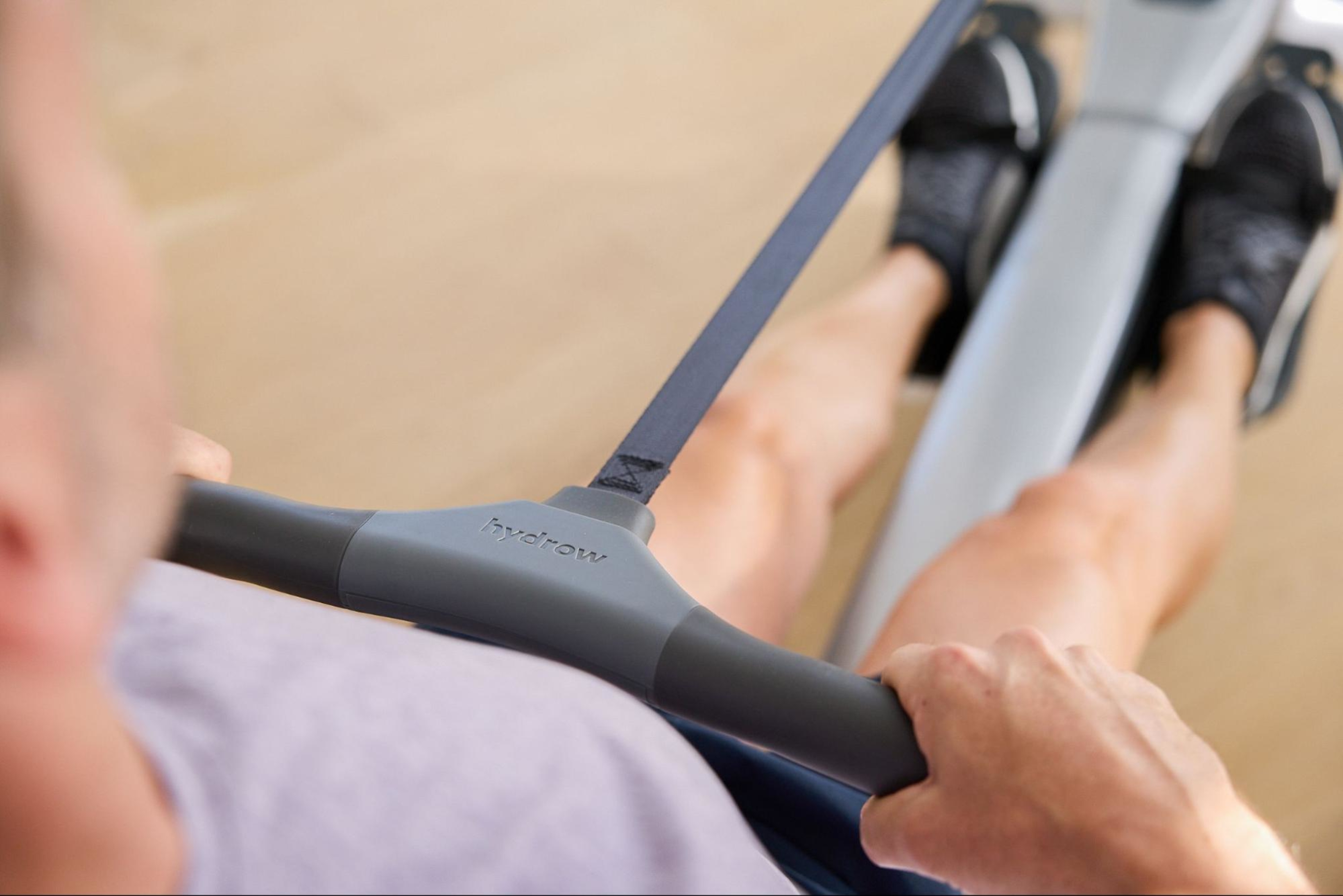Is a Rowing Machine Good for Shin Splints?
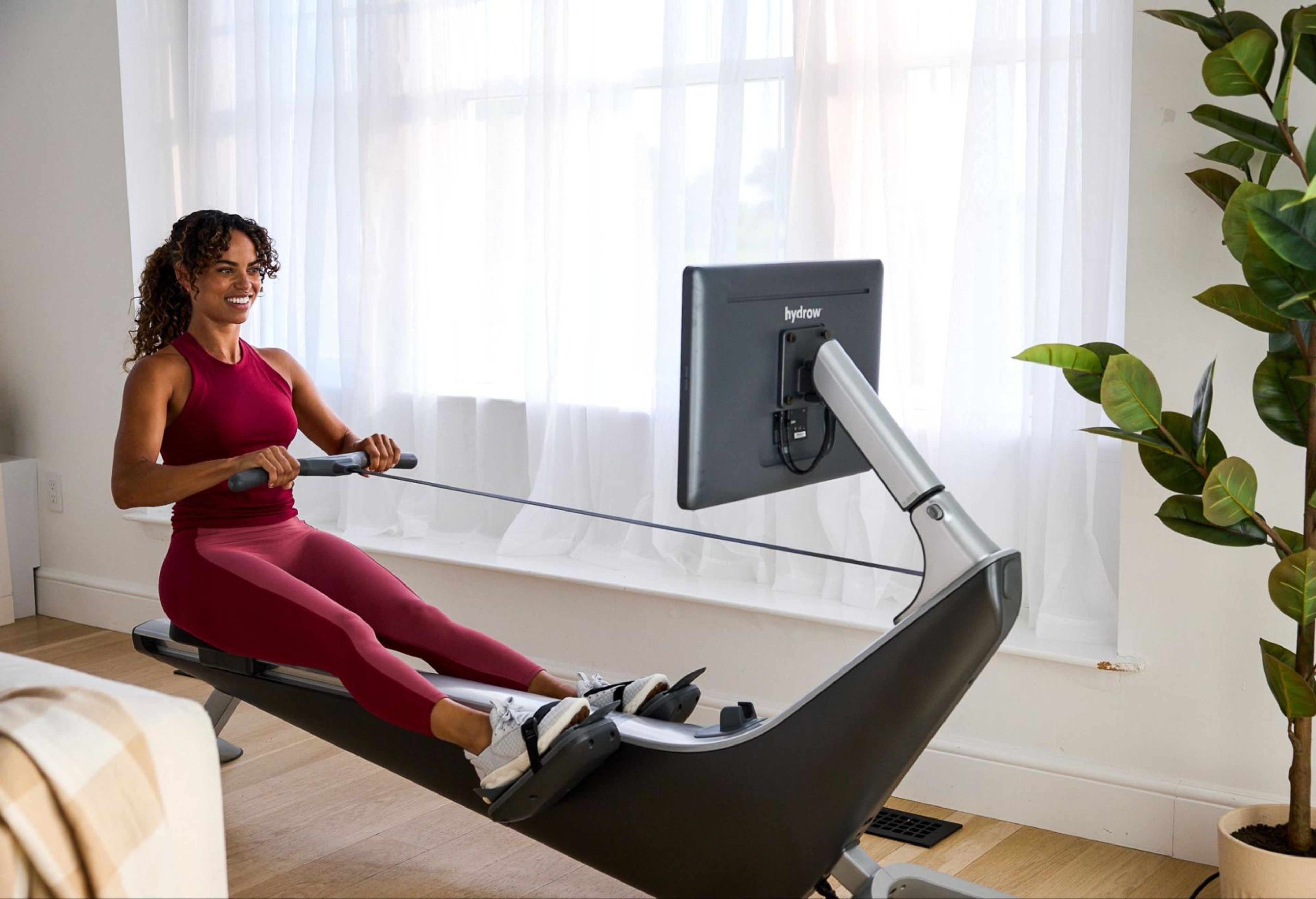
If you’re someone who has routinely experienced shin splints, you’ve likely had a difficult time finding types of exercise that won’t exacerbate your symptoms. If you’re looking for a low-impact activity that won’t aggravate your shin splints, working out on a rowing machine may be the right choice for you!
In this blog, we’ll dig into everything you need to know about whether a rowing machine is good for shin splints, including:
Let’s dive in!
What are shin splints?
Shin splints—also known as medial tibial stress syndrome—refers to a pain along the shin bone (tibia). Shin splints can be caused by any number of reasons, but some of the common reasons that people get shin splints include:
Overuse
Repetitive stress
Sudden increases in physical activity
Muscle imbalance
Some common symptoms of shin splints include:
A dull aching pain along the shin
Tenderness or soreness along the inside of the shin
Pain that worsens during and after exercise
What types of exercises exacerbate shin splints?
Activities that cause hard shocks to the lower body are known for causing or exacerbating shin splints because they cause stress on the tibia and surrounding muscles, increasing inflammation and microtrauma. For this reason, it’s recommended those with shin splints avoid higher-impact exercise that puts repetitive stress on the lower legs.
Here are some common examples of activities that can cause or exacerbate shin splints:
Is a rowing machine good for shin splints?
The short answer is, yes! Rowing strengthens, stretches, and improves flexibility in your lower body, greatly reducing your chance of reinjury if you routinely get shin splints while exercising.
Because rowing is a non-weight-bearing, low-impact sport, it doesn’t put pressure on your legs. This reduces the strain on your shins compared to higher-impact activities like running or jumping. Rowing also works out 86% of the muscles in your body—including your arms, back, and core—which means your legs aren’t the sole focus. While rowing does involve some leg movement, it’s controlled and less intense, allowing your shins to rest and recover while still getting in an effective workout.
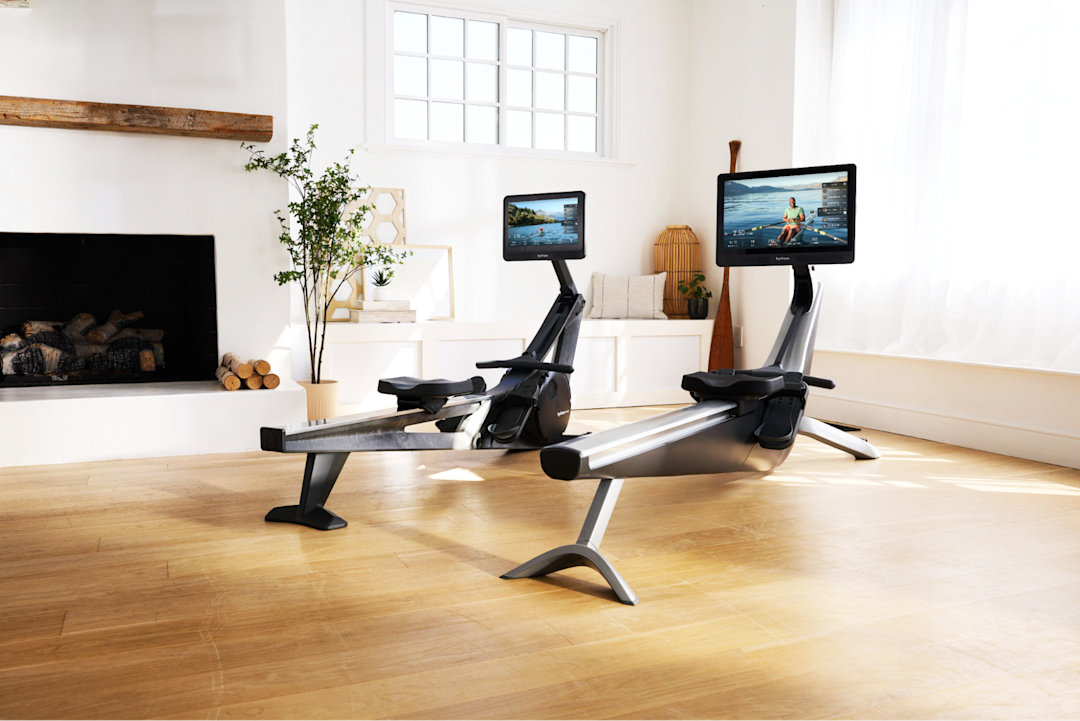
Considering a Hydrow rowing machine? We tackle all your burning questions in our FAQ guide.
How to use a rowing machine with shin splints
There are essentially three ways to use a rowing machine if you have shin splints:
Use a rower to recover from shin splints: Hopping on a rowing machine a few times a week while dealing with shin splints can be a good way to stay fit while your shin splints improve.
Use a rowing machine to cross-train with other sports: If you just can’t give up your high-impact activities, putting a few rowing sessions on your training schedule might be a way to keep your shin splints under control.
Just row: Rowing may just be the exercise modality that keeps you fit and your shins happy! From interval training to cardio, there are many types of rowing workouts that can help get you strong and burn calories.
Using a rowing machine for shin splints: Final thoughts
Ultimately, the choice to row with shin splints is up to you. But when performed correctly, rowing is a low-impact, full-body workout that’s a great choice of exercise for people who commonly experience shin splints.
If you’re interested in investing in a rowing machine for your home, be sure to check out Hydrow. Our rowing machines are the perfect addition to any home gym, giving you an immersive and total-body workout in just 20 minutes a day. A Hydrow membership also features:
Workout classes led by world-class and Olympic Athletes
Workouts in destinations all over the world
A library of well over 5,000 workouts for people of all fitness levels
Other workout modalities such as yoga, Pilates, and circuit training
Learn more about the benefits of a Hydrow rowing machine today! See you on the water!
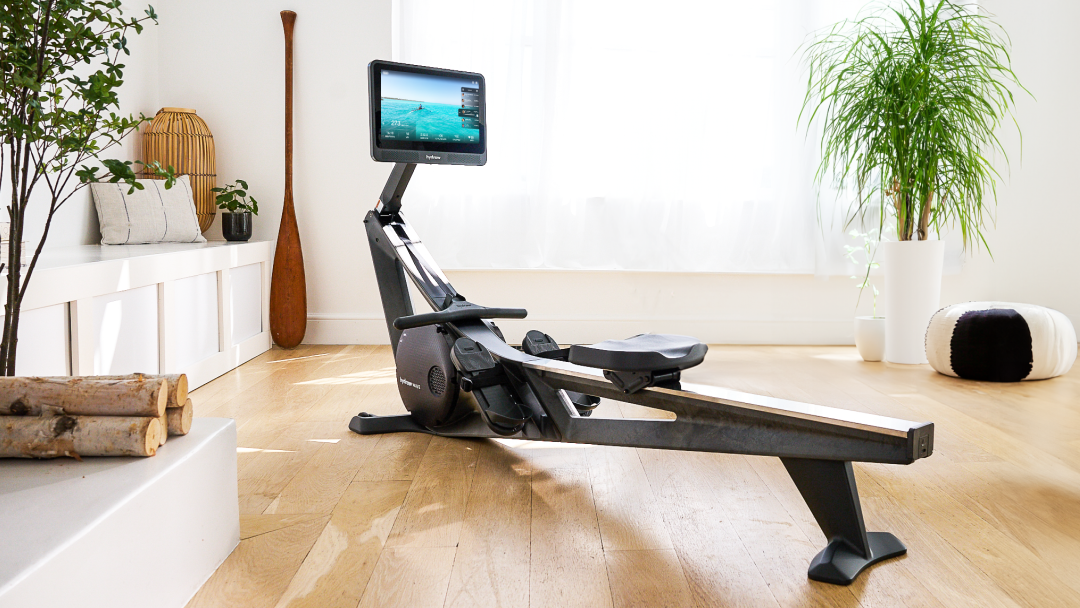
Explore Hydrow
Learn more about how you can transform your fitness routine with a rowing machine.
